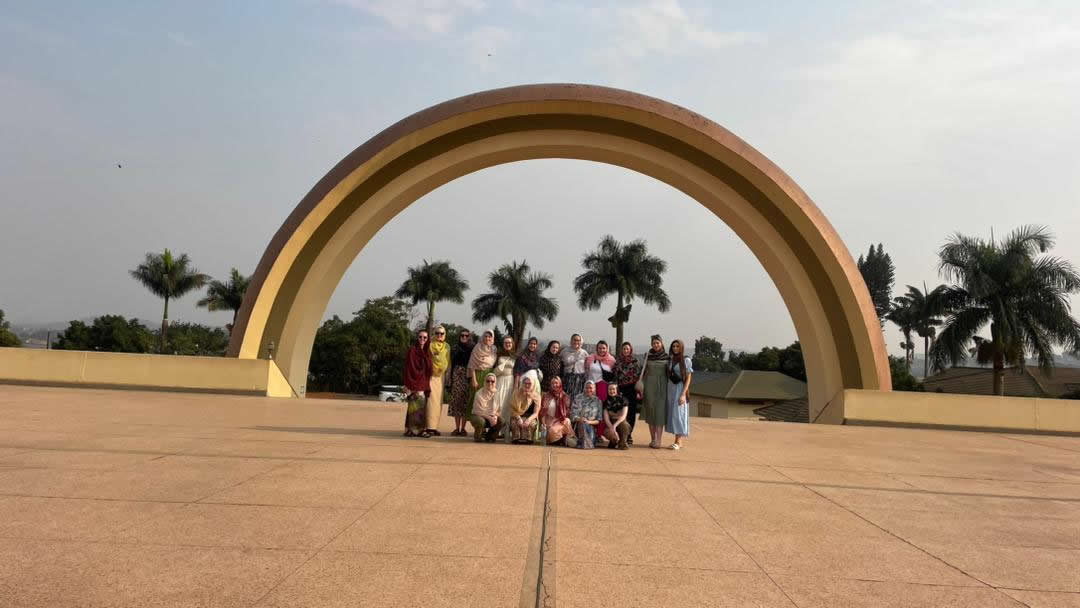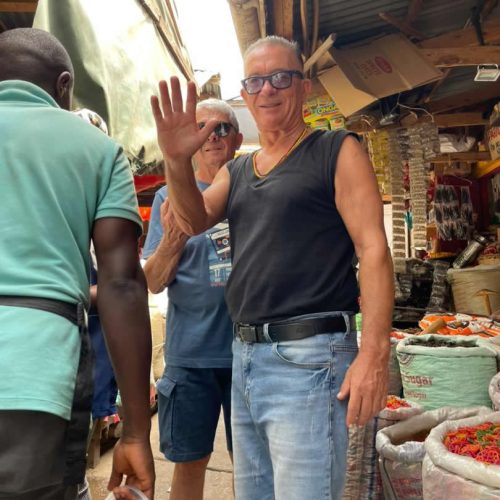Kampala, the bustling capital of Uganda, offers a rich tapestry of cultural, historical, and natural attractions that make it an ideal destination for tourists. The city’s vibrant markets, historic sites, and diverse neighborhoods present a unique opportunity to experience the heart of Uganda. A key highlight is the Bahá’í Temple, which stands as a serene oasis of peace and reflection amidst the city’s hustle. Its architectural beauty and tranquil gardens provide a perfect setting for both spiritual contemplation and panoramic views of the surrounding areas. Another must-visit is Owino Market, one of the largest and most vibrant markets in East Africa, where visitors can immerse themselves in local life, sample traditional foods, and shop for a variety of crafts and goods.

The city is also home to several historical and cultural landmarks that offer a glimpse into Uganda’s past and present. The Gaddafi National Mosque, with its impressive minarets and grand dome, is not only a place of worship but also a site of historical significance and architectural wonder. The Kabaka’s Palace, the residence of the King of Buganda, provides insight into the traditional monarchy and local heritage of the Buganda Kingdom. Visitors can explore the palace grounds and learn about the rich cultural traditions that have shaped the region.
 For those interested in exploring more of Kampala’s diverse neighborhoods, the Kalerwe Market Path offers an authentic experience of local trade and daily life. Additionally, the Independence Monument stands as a testament to Uganda’s journey to independence, offering a historical perspective and a striking visual landmark. The Rushaga Sector of the Bwindi Impenetrable National Park, though not in Kampala itself, is a popular day trip destination for those looking to combine their city visit with a gorilla trekking adventure. Overall, Kampala’s array of attractions provides a vibrant and multifaceted experience for tourists, blending historical significance with cultural richness and local charm.
For those interested in exploring more of Kampala’s diverse neighborhoods, the Kalerwe Market Path offers an authentic experience of local trade and daily life. Additionally, the Independence Monument stands as a testament to Uganda’s journey to independence, offering a historical perspective and a striking visual landmark. The Rushaga Sector of the Bwindi Impenetrable National Park, though not in Kampala itself, is a popular day trip destination for those looking to combine their city visit with a gorilla trekking adventure. Overall, Kampala’s array of attractions provides a vibrant and multifaceted experience for tourists, blending historical significance with cultural richness and local charm.

